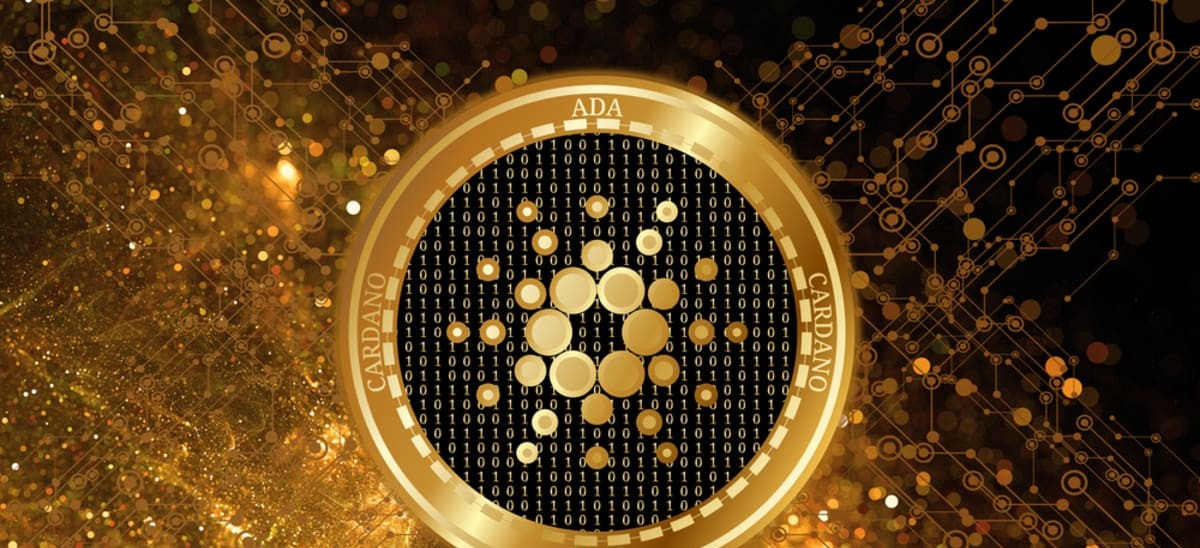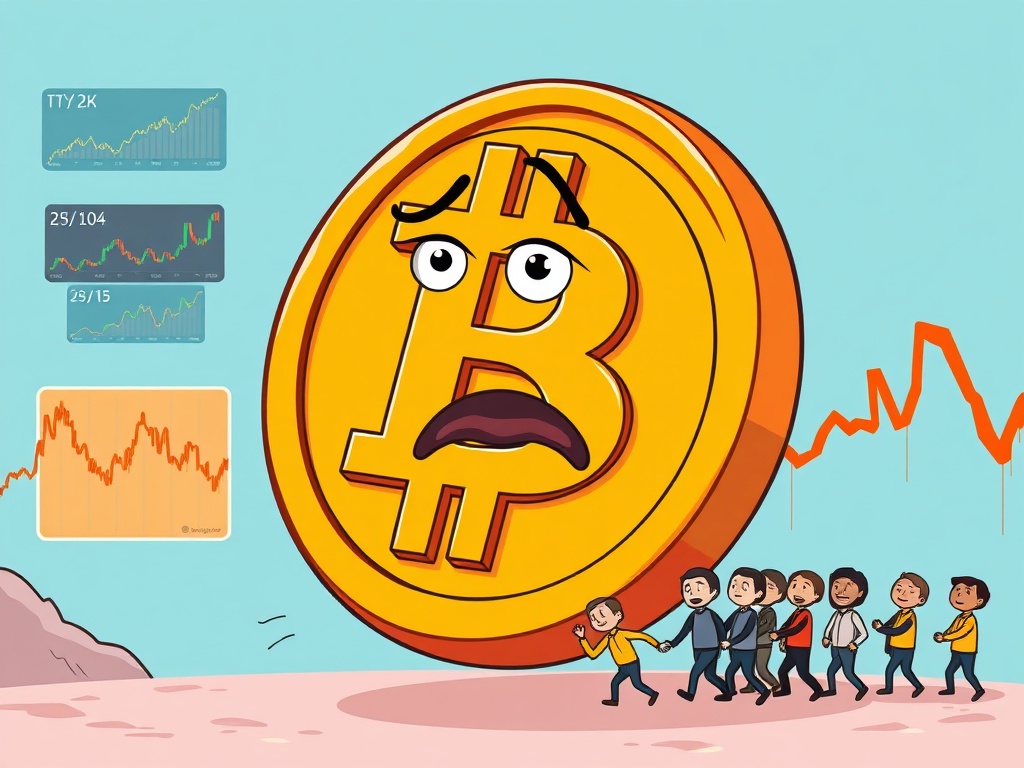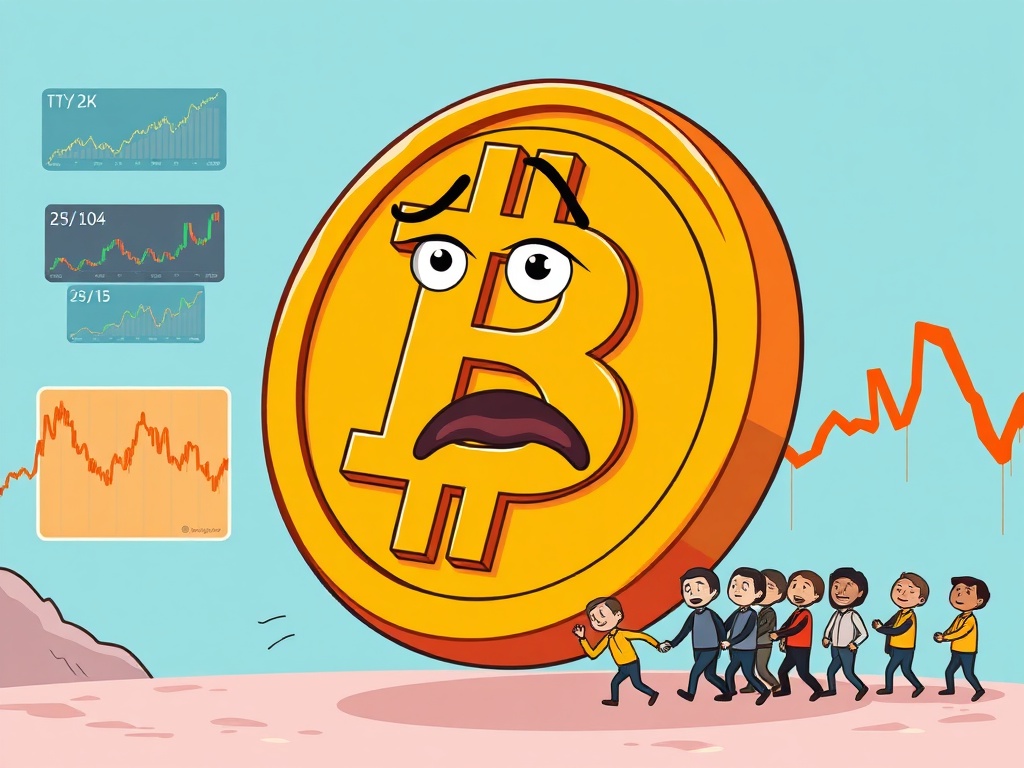The Rise of AI: Transforming Our World One Algorithm at a Time
Imagine waking up to a world where your coffee is brewed just the way you like it before you even step into the kitchen, where traffic jams are a thing of the past because self-driving cars communicate seamlessly, and where doctors can predict illnesses before symptoms appear. This isn’t science fiction—it’s the reality artificial intelligence (AI) is shaping today.
AI has evolved from a futuristic concept to an everyday tool, revolutionizing industries, reshaping economies, and even altering how we interact with each other. But what exactly is driving this transformation? And where is AI taking us next?
From Theory to Reality: The Evolution of AI
AI isn’t a new idea—its roots trace back to the 1950s when computer scientists first dreamed of machines that could “think.” Early AI was limited by computing power and data availability, but breakthroughs in machine learning, neural networks, and deep learning have supercharged its capabilities.
Today, AI powers everything from voice assistants like Siri and Alexa to recommendation engines on Netflix and Spotify. It helps banks detect fraud, enables self-driving cars to navigate safely, and even assists scientists in discovering new drugs. The speed at which AI is advancing is staggering—what took years to develop a decade ago can now be done in months.
AI in Everyday Life: More Than Just Chatbots
1. Healthcare: Predicting the Unpredictable
AI is revolutionizing medicine by analyzing vast amounts of patient data to detect diseases early. For example, AI-powered imaging can spot tumors in X-rays with higher accuracy than human radiologists. Researchers are also using AI to predict outbreaks, personalize treatment plans, and even develop new drugs faster than traditional methods.
2. Finance: Smarter, Faster, and More Secure
Banks and investment firms rely on AI for fraud detection, risk assessment, and algorithmic trading. AI-driven chatbots handle customer service, while robo-advisors provide personalized financial advice. Some hedge funds now use AI to predict stock movements, outperforming human traders in speed and accuracy.
3. Transportation: The Road to Autonomy
Self-driving cars are no longer a distant dream. Companies like Tesla, Waymo, and Cruise are testing autonomous vehicles that use AI to interpret road conditions, avoid accidents, and optimize routes. AI is also transforming logistics—delivery drones and smart traffic systems are reducing congestion and speeding up shipments.
4. Entertainment: The AI Director
Ever wonder how Netflix always knows what you want to watch? AI analyzes your viewing habits to recommend shows and movies. In gaming, AI creates dynamic, responsive worlds where non-player characters (NPCs) adapt to player behavior. Some studios are even experimenting with AI-generated scripts and deepfake technology to bring historical figures back to life on screen.
The Ethical Dilemma: Can We Trust AI?
With great power comes great responsibility—and AI is no exception. While its benefits are undeniable, concerns about privacy, bias, and job displacement loom large.
– Privacy Risks: AI systems rely on massive datasets, raising questions about who owns and controls personal information.
– Algorithmic Bias: If AI is trained on biased data, it can reinforce discrimination—like facial recognition systems that misidentify people of color.
– Job Disruption: Automation threatens traditional jobs, from factory workers to customer service reps. However, it also creates new roles in AI development and maintenance.
Regulators and tech companies are racing to establish ethical guidelines, but the debate is far from settled.
The Future of AI: What’s Next?
AI is advancing at an exponential rate, and the next decade will bring even more radical changes:
– General AI (AGI): Today’s AI is “narrow”—it excels at specific tasks. The next frontier is Artificial General Intelligence (AGI), machines that can think and reason like humans.
– AI and Climate Change: AI is being used to optimize energy grids, predict extreme weather, and develop sustainable technologies.
– Human-AI Collaboration: Instead of replacing humans, AI will increasingly augment our abilities—think AI-assisted surgeons or AI-powered creative tools for artists.
Conclusion: Embracing the AI Revolution
AI is no longer just a tool—it’s a transformative force reshaping every aspect of our lives. The key to harnessing its potential lies in balancing innovation with ethics, ensuring that AI serves humanity rather than controls it.
As we stand on the brink of an AI-driven future, one thing is certain: the machines aren’t taking over—they’re helping us build a smarter, more efficient, and more connected world. The question is, are we ready for it?
—
Sources
*(Note: Some links are illustrative—always verify with up-to-date sources.)*




